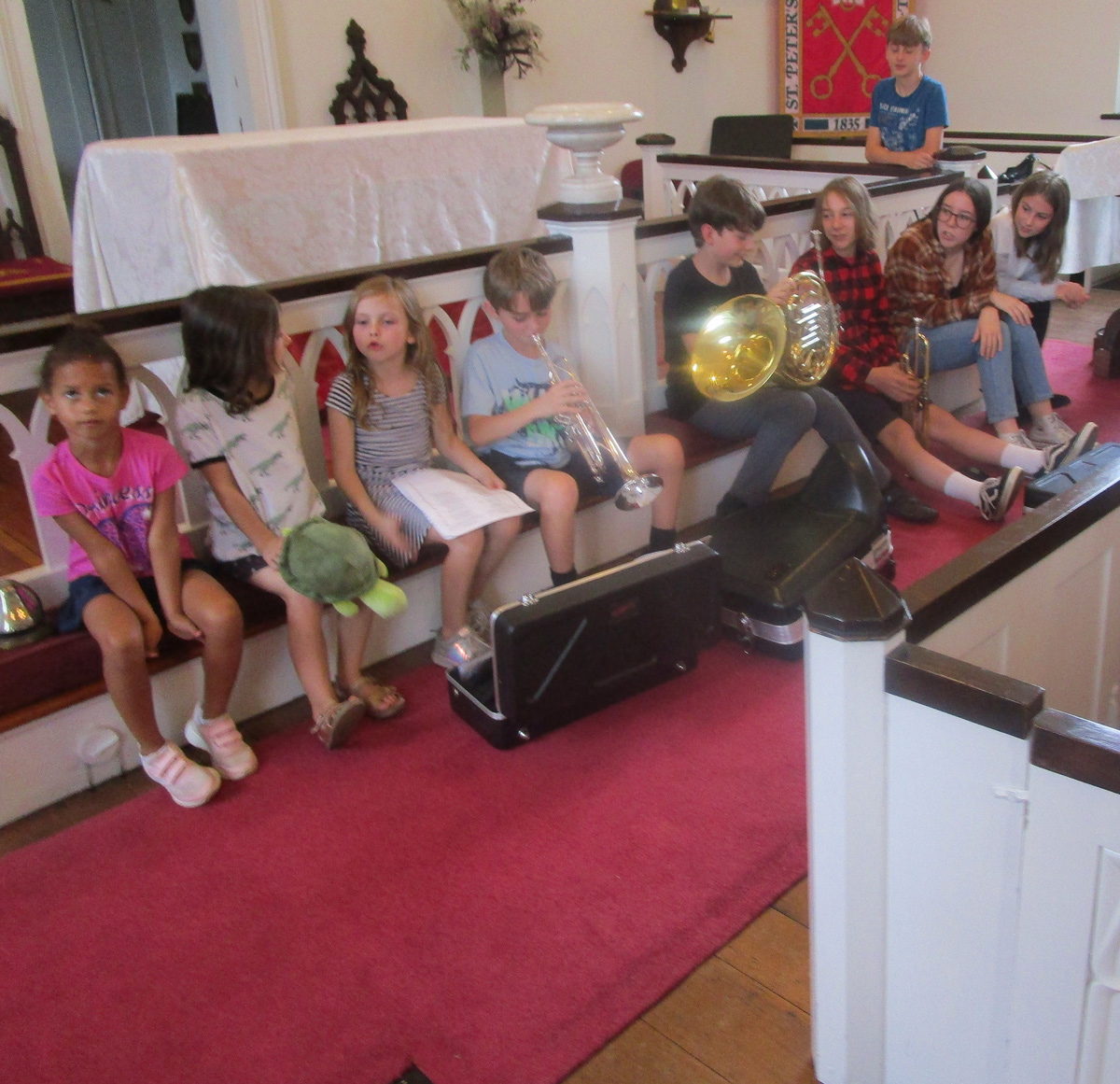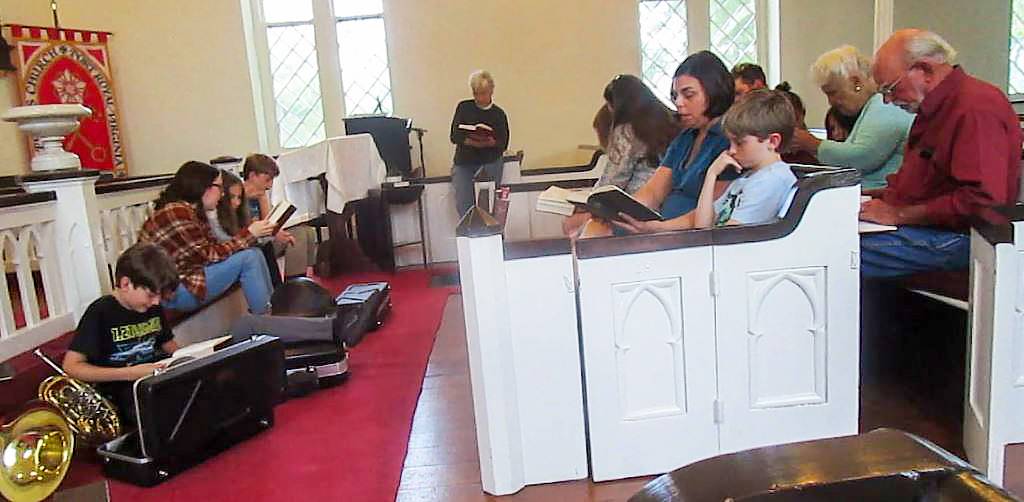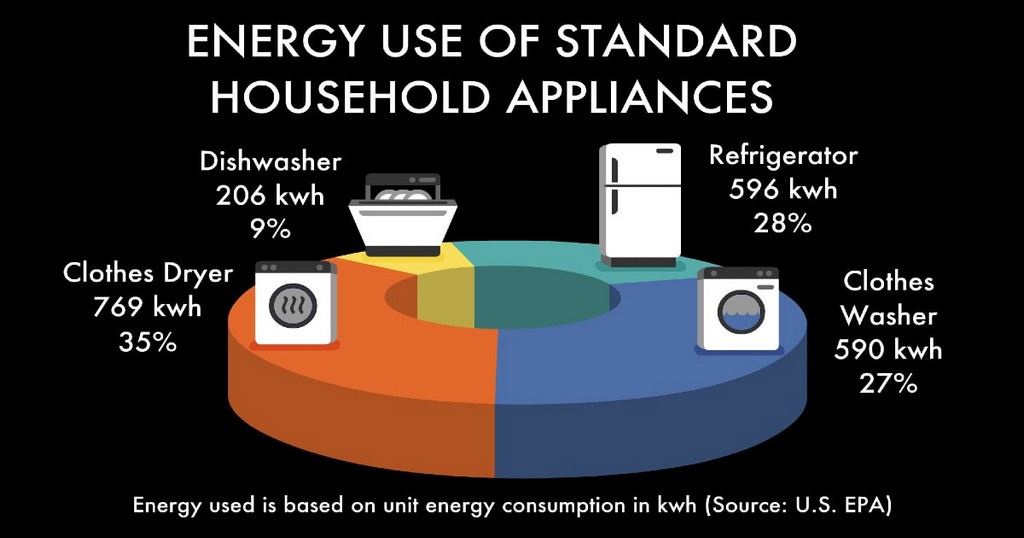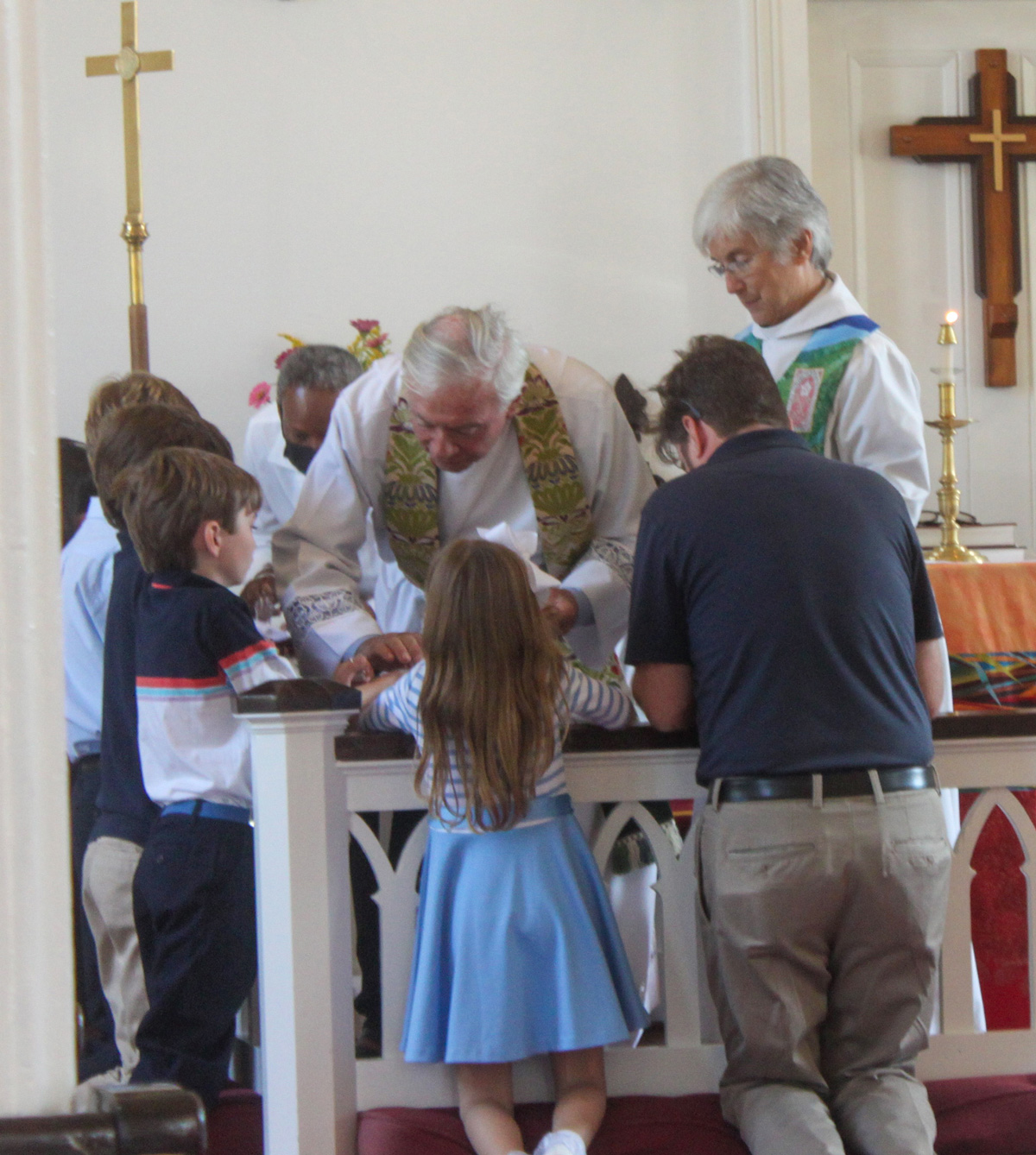
“The Rich Man and the Poor Lazarus” – Hendrick ter Brugghen 1625
The lectionary readings are here or individually:
First Reading – Amos 6:1a,4-7
Psalm – Psalm 146
Epistle – 1 Timothy 6:6-19
Gospel – Luke 16:19-31
Today’s readings warn of the dangers of spiritual complacency. Or another word – “You reap what you sow.” As Jerusalem is conquered, Jeremiah buys a plot of land to show his faith that God will restore the land. Amos cautions that indulgence and apathy will lead to terror and loss. Paul urges Timothy to eagerly embrace eternal life and the riches of Christ Jesus, enduring until Jesus returns. In the Parable of the Richman , the rich man in today’s gospel story exchanges his comforts for torment, while Lazarus exchanges his tormented life for paradise.
The parable of the rich man and Lazarus in Luke, like the words of Timothy, is a warning against wealth, consumerism, and materialism. Enjoyment and abundance lived apart from care for the poor leads to spiritual destruction. The rich man’ sin is not only his consumption but his apathy. He may not even notice the beggar at the door and, if he does, Lazarus is an inconvenience, standing in the way of enjoying his property, and frankly a blight on the neighborhood. In the afterlife, the tables are turned and now the rich man suffers, while the beggar rejoices.
These scriptures present both challenge and hope. They root our hope in our relationship with God. Those who commit themselves to God’s cause can imagine futures and act on their imagination, even if the arc of imagination goes beyond their lifetimes. They can face illness, external threat, and death knowing that God’s providence encompasses them.
What is life worth living for? Wealth, worldly success, fame is temporary—it holds us to focusing on what we have right now. Life apart from a relationship with God eventually leads to hopelessness, especially in the context of life’s limiting situations. Christ calls us into the life that endures for eternity involving love, compassion, mercy and forgiveness endure forever, it cannot be taken away from us.
We need to look out for others . Does someone close to us suffer in silence? We cannot ignore those who hold cardboard signs at our major intersections: “Hungry family,” or “Will work for food.” But what about those who hold no signs and have no visible sores? Do lonely people languish within our offices? What family members feel homeless or neglected in our homes? If we look within, what parts of ourselves do we deny, repress or allow to stagnate? It is to such as these that the kingdom of God belongs.
All too often, Christians focus on eternal life, life after death—heaven. We forget that Jesus specifically spoke about how we need to live for others—the first shall become last of all and servant of all—but yet we don’t live this way. This parable reminds us that our faith in Jesus must be lived out in how we have compassion for others. Because eternity depends upon how we live now. Eternity is not the same as the afterlife. Eternity is what lasts forever—compassion, love, mercy, faithfulness.
II. Summary
First Reading – Amos 6:1a,4-7
For a long time, the territory we call the Holy Land was divided between a northern kingdom called Israel (Samaria) and a southern kingdom known as Judah (Zion). The city Jerusalem was in Judah. In the northern kingdom, at Bethel (Hebrew for “House of God”) there was a very ancient shrine. Its priesthood was older than that established by Moses’ brother Aaron.
By 800 BC, the Assyrians were weakened through battle and indecisive leadership, allowing the northern kingdom, Israel, a respite from constant pressure from the north. Beginning about 745 BC under the leadership of Tiglathpileser III, the Assyrian empire roused itself and in its conquests later destroyed Israel in 721 BC.
About the time that the new king was coming to power, the prophet Amos saw the signs of approaching disaster. This was not merely astute political analysis, but rather a religious insight into the instability of a society that had forgotten its covenant commitment to justice.
The 9th and 8th centuries BC saw the beginning of a class of urban poor. Archaeological excavations of Samaria show great differences between rich and poor urban dwellings in comparison with the relative uniformity of the 10th century. Oblivious to the needs of the poor, Israel’s wealthy enjoyed their private luxuries.
But Amos sees clearly that neither wealth nor territory will save an Israel corroded by injustice. Amos has seen the corruption of the wealthy elite, the ruling class, and how they have pampered themselves and worshipped other gods and forgotten the poor—Amos condemns them, sharing that they will be the first taken away. The ruling class lived in lavish excess while the poor suffered, and did not pay attention to anything but their own success and wealth—ignoring the warning signs all around them that the land would fall to Assyria, that they would suffer just as they had caused their own people to suffer.
The difficulty is not the content of the message, but rather the context in which it must be delivered. Amos describes it meticulously. It is a context of prosperity and luxury. Into the midst of this kind of living, a hard message of doom must be delivered.
The passage begins with the word “Alas”, and we could properly substitute the words “Woe to you.” The audience for this vision of woe is not only the people of the north (Mount Samaria) but the south as well (Zion). One senses a bit of a sibling rivalry here. Who is the more prosperous? Who is the more confident?
Amos wants them to attend to greater questions of what it is that God wants. What follows is a laundry list of superficial comforts: lamb, veal, popular songs, music, good wine, ointments, luxurious furniture, and restful times. Does this sound familiar to you? The promise that the prophet makes is not a comfortable one. Those who enjoy these things, he says, will be the first to go into exile.
Psalm – Psalm 146
Psalms 146–150 all begin with the shout “Hallelujah!” (meaning “Praise the lord!”). They, along with Psalm 145, were part of daily morning prayers in the synagogue.
Psalm 146 sings of God’s deliverance and praise for God’s faithfulness. It has the form of an individual thanksgiving but invites participation by the congregation. The promises of freedom and sight echo the signs of the expected Messiah. The psalm calls for an unwavering trust in the lord’s goodness, power and sovereign reign in the midst of outwardly dark and painful conditions.
The listeners are reminded that if they are faithful, their hope is always in God who is the creator. God is the one who will reign forever and brings justice. Of special interest are the activities of God that are praised here which become the signs of the messianic community especially in Isaiah: justice to the oppressed, food to the hunger, sight to the blind, makes the bent stand erect, loving the righteous, sustaining widows and orphans, and care for strangers or outsiders.
Perhaps this psalm was chosen by the framers of the lectionary to serve as an antidote to the mindless behaviors of the leaders of Israel in the reading from Amos. The psalmist is clear about the present and the future of things. He praises God “while I live” and “while I breathe.” However, the vision of the departing breath, and the return to “the dust” limits life. Therefore trust in God, not princes, the psalmist repeats. And while you are here enact acts of love toward the helpless as God does.
Epistle- 1 Timothy 6:6-19
Timothy, whose name means “honored by” or “honoring God” was a companion of St. Paul. He accompanied Paul throughout Asia Minor and in Eastern Europe, mainly Greece. He was the son of a Greek man and his mother Eunice was a Jew, who was described as “a believer). Paul first comes into contact with Timothy in Lystra where Timothy was a disciple. He then follows Paul for the next few years, serving as an assistant and organizing congregations on Paul’s behalf. Tradition has it that Paul appointed Timothy as bishop of Ephesus around 65 CE. He died in 90 CE. He is honored in the calendar on 26 January, along with Titus and Silas as Companions of Saint Paul.
The author’s purpose is to oppose certain teacher’s who were proclaiming a “knowledge” that was at odds with the Wisdom that is Christ. Secondly, the author’s purpose was to urge Timothy (actually all Christian leaders) to a right practice and administration of their calling as disciples and leaders in the Church
1 Timothy 6:6-19 reminds us that “the love of money is the root of all evil.” Materialism stands between us and God. “But as for you, man of God, shun all this; pursue righteousness, godliness, faith, love, endurance, gentleness.” The encouragement to “fight the good fight” (v. 12) is a metaphor not from warfare but from athletics. The “good confession” (v. 12) probably refers to the confession of faith made at baptism (from which the baptismal creed developed).
Paul uses the word manifestation or appearing both for Jesus’ incarnation and for his second coming. This term was used in the cult of emperor-worship; Paul seems to have deliberately appropriated it to contrast Christ to the emperor. The terms that describe God (vv. 15-16) emphasize God’s sovereignty and complete holiness.
The closing paragraph addresses different issues. The author returns to his exhortations about how to think about wealth. First it is God who provides for our prosperity. Our materialistic acquisitions will fade and in the process, cut us off from our ultimate happiness, our relationship with God. True wealth is measured in what we do for others – in our generosity. All of this provides for a “good foundation” for what is to come – true life. The final sentence provides a last gibe at the “false teachers”, “avoid profane babbling and the absurdities of so-called knowledge.”
When we look back at Amos, we see how the rich lived, and how the lust for wealth caused the poor to be trampled on—Timothy gives a similar warning about the corruptive powers that wealth can have on the faithful. We need to shed the desire to be rich and instead remember the fullness of the promise of God: eternal life, a life that begins now and lasts forever. Riches are fleeting and will fail us, but God’s love will endure forever.
Gospel – Luke 16:19-31
During the last few Sundays we have been in the midst of a dispute about values, money, and wealth. The dispute has been with the Scribes and Pharisees, and a bit of teaching for the disciples as well. In the verses that precede this parable, Jesus talks about some things of value that exist for eternity: the Law and the prophets, and marriage. Now begins a parable that contrasts things that are very much the interest of Luke.
Luke 16:19-31 is the parable of the Rich Man and Lazarus and is a double-edged parable. There are two main characters – a rich man, who remains unnamed, and a poor man, Lazarus. Both are lavishly described. The wealthy man is “dressed in purple” and the poor man is “covered in sores”. The rich man ignores Lazarus, and Lazarus remains at the rich man’s gate. Now Jesus, much to Luke’s delight, turns the tables and it is death that does the deed. Now it is the poor man who is luxuriating in heaven’s rest, and the rich man that is covered with the torments of Hades
At this time the idea of Sheol (Greek, Hades), the place of all the departed who led there a shadowy quasi existence, had developed into two places, one of torment (usually called Gehenna) and one of bliss, Paradise. The chasm reveals the irreversibility of the situation. This first part is, then, a parable of reversal, indicating the changes to take place in the kingdom as declared by Mary in 1:52-53. Lazarus, whose name means “God helps,” illustrates God’s special concern for the poor.
During this conversation a third character is introduced, Abraham. His entrance is an interesting one in that he, the epitome of hospitality, is in conversation with the rich man who was the antithesis of hospitality. Abraham’s presence is also of interest in that life after death was thought of in terms of a banquet hosted by Abraham and Sarah (cf. Genesis 18).
The second part of the parable (“He said, `Then, father, I beg you to send him to my father’s house– for I have five brothers– that he may warn them”) adds a second point: Moses (the law) and the prophets give a sufficient call to repentance. The indifference of the rich man to the poor man’s fate is reflected in the indifference that his brothers will affect when the poor man supposedly goes to preach to them. This part of the story is a parable of warning; its theme is “too late!” Those whose hearts are closed to compassion will have minds closed to revelation.
Yet the parable holds out hope. The brutal violence is not the final word; those who suffer such shattering losses in this life will be vindicated in the next. There is justice in the divine design. Perhaps it is harder to enter the first part of the parable because it strikes closer to home. While the gospel does not record that Lazarus asked Dives for help, Dives must have passed him daily. The man covered with sores lay at his gate. Sometimes we become blind to the scenes we see most often.
The final sentence may reflect the disbelief of those who were reached with the Gospel of the Resurrection, but refused to believe it. In this way we are painted a detailed picture of life at the time of Jesus, its values, and its social mores. Jesus and Luke call both rich and poor alike to rethink what it is that they value.




 The first two chapters were required material to get to Part 3 – Reduce. Understanding the significance of our need to reduce greenhouse gases from Part 1, led to calculate our carbon footprint in Part 2. We meet to strive towards net zero emissions by 2050. Net zero means cutting greenhouse gas emissions to as close to zero as possible, with any remaining emissions re-absorbed from the atmosphere, by oceans and forests for instance. Part 2 focuses on reduction to get to net zero.
How much do we need to reduce our carbon footprints? For Americans, that number is about 90 percent.The United Nations’ intergovernmental Panel on Climate Change (IPCC) has said that if we don’t act now, we’ll be facing the severe effects of a warming planet as early as 2040. One example? 50 million people around the world, will be affected by coastal flooding
This chapter lists 26+ ways for us to act
The first two chapters were required material to get to Part 3 – Reduce. Understanding the significance of our need to reduce greenhouse gases from Part 1, led to calculate our carbon footprint in Part 2. We meet to strive towards net zero emissions by 2050. Net zero means cutting greenhouse gas emissions to as close to zero as possible, with any remaining emissions re-absorbed from the atmosphere, by oceans and forests for instance. Part 2 focuses on reduction to get to net zero.
How much do we need to reduce our carbon footprints? For Americans, that number is about 90 percent.The United Nations’ intergovernmental Panel on Climate Change (IPCC) has said that if we don’t act now, we’ll be facing the severe effects of a warming planet as early as 2040. One example? 50 million people around the world, will be affected by coastal flooding
This chapter lists 26+ ways for us to act


